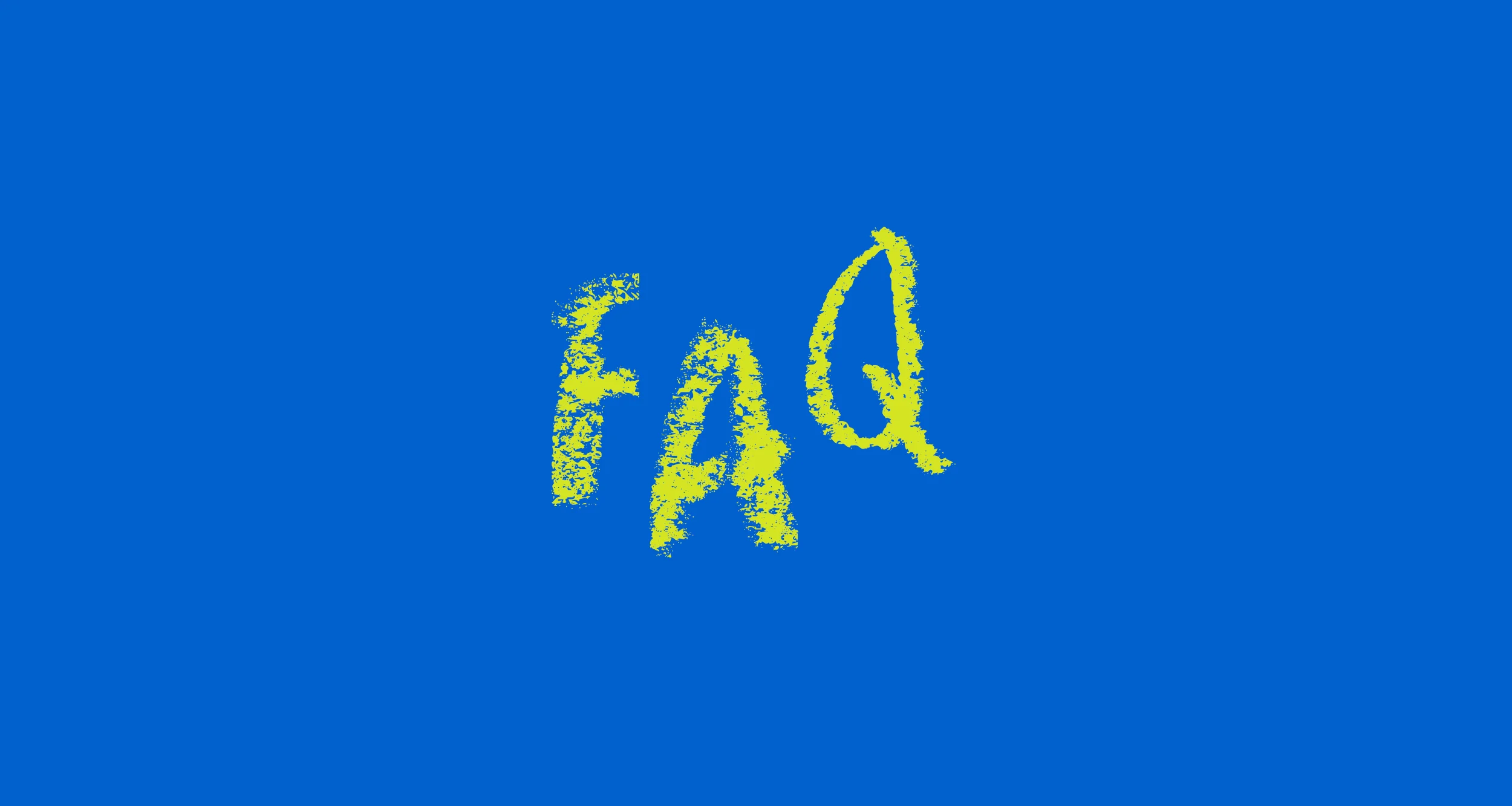Q: “Without pain, could we know joy?”- I’m trying to grasp Hazel’s opinion. She thinks it’s ignorant, and I agree. But aren’t they relative? Why did you give Hazel that view? What is your stance on this?
Well, okay, join me in the following thought experiment: Let us imagine a world without pain, in which everyone is overwhelmingly joyful each moment of their lives.
It is possible that these people wouldn’t call joy “joy,” because it would just be the omnipresent, unshakeable emotional reality. But it would still be joy, in the sense that it would be identical in feeling to our joy, only we have something to contrast joy with.
So pain helps us to define joy, but pain does not create the possibility for joy or allow joy to exist. Joy could exist without pain. We might not have precisely the same relationship with joy, but it would still be there. (Similarly, an awareness of broccoli might make one grateful for the existence of chocolate, but it doesn’t create the taste of chocolate.)
